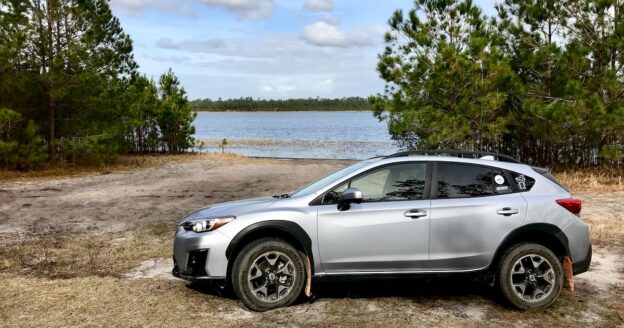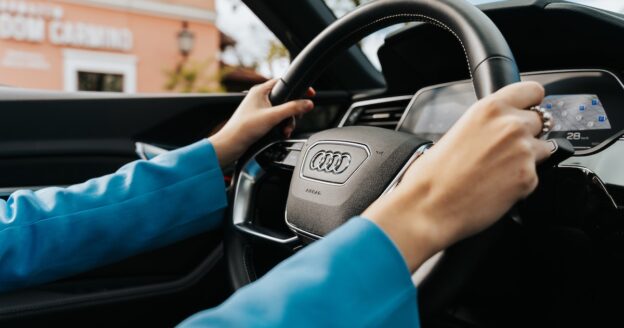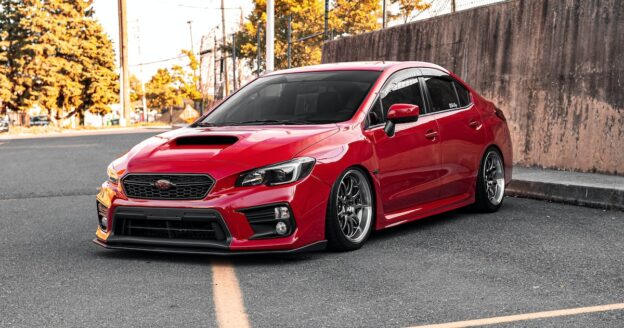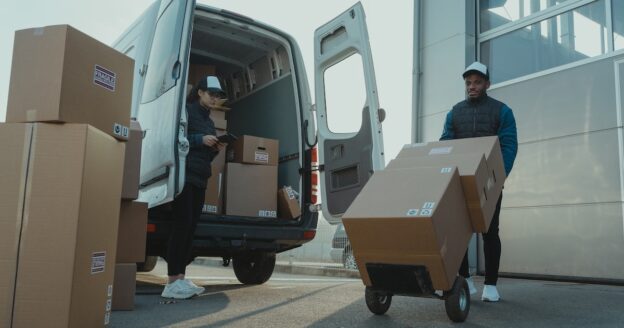If you’re a first-time buyer considering purchasing a repossessed car, it’s important to approach the process with knowledge and caution. Navigating the repossessed car market requires careful research, thorough inspections and an understanding of the potential risks involved.
As a first-time car buyer, here are some valuable tips that will help you successfully navigate the repossessed car market and make informed purchasing decisions.
Research and Understand the Market
Before diving into the repossessed car market, take the time to research and understand how it operates. Familiarize yourself with common terminology, such as “repo” and “auction,” and learn about the different avenues available for purchasing repossessed cars, including auctions, online platforms or direct sales by financial institutions. Understanding the market dynamics will empower you to make better decisions throughout the buying process.
Set a Budget and Stick to It
Establish a clear budget before starting your search for a repossessed car. Determine how much you’re willing to spend and take into account potential repair and maintenance costs. Remember that although repossessed cars may offer cost savings, unexpected expenses can arise. Setting a realistic budget will help you focus on options within your price range and prevent overspending.
Thoroughly Inspect the Vehicle
Inspecting a repossessed car is crucial to determine its condition and potential issues. If possible, enlist the help of a trusted mechanic to conduct a comprehensive inspection. Look for signs of wear, check the engine and transmission, examine the interior and exterior for damage and inspect the tires. Carefully assess the vehicle’s maintenance history, if available, and ask about any repairs that have been done.
Obtain a Vehicle History Report
While repossessed cars may have limited information available about their history, it’s still important to obtain a vehicle history report whenever possible. This report can provide valuable insights into the vehicle’s title status, accident history, mileage records and previous ownership. Though not always available for repossessed cars, a vehicle history report can offer some peace of mind regarding the car’s background.
Be Prepared for Additional Costs
When buying a repossessed car, be prepared for potential additional costs. These can include repairs, maintenance, registration fees, taxes and insurance. Set aside some funds to cover these expenses after purchasing the vehicle, ensuring that you can properly maintain and insure your new car.
Consider Financing Options
If you require financing to purchase a repossessed car, explore your options before starting the buying process. Some financial institutions offer loans specifically for purchasing repossessed vehicles. Alternatively, you can secure financing from your bank or credit union. Pre-approval for a loan will help determine your budget and streamline the buying process.
Shop for Repossessed Vehicle Today
Navigating the repossessed car market requires thorough research, careful inspections and a mindful approach. By understanding the above factors, you can enjoy a smooth and successful car buying experience. For bank-owned vehicles at great prices, visit RepoFinder.com today.











